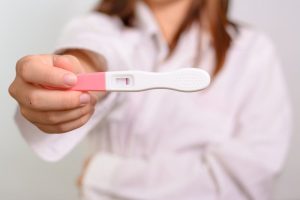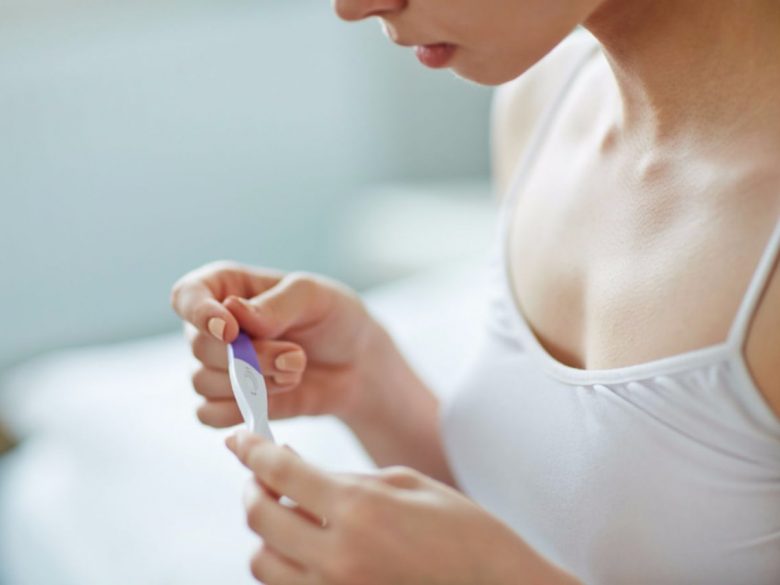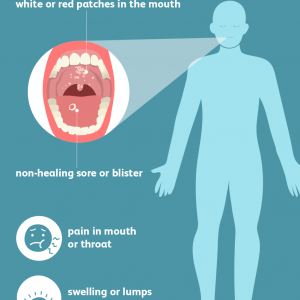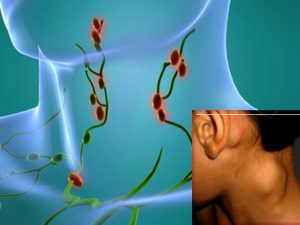Lack of pregnancy is a serious problem. But in the 21st century, almost any woman can conceive and give birth to a healthy child. The main thing is to seek treatment on time.
We have been married for 3 years, we want children. But it doesn’t work. Which doctor should I start treatment with?
In medicine, they talk about infertility if for 1-3 years the couple is not protected, and pregnancy does not occur. This persecutes about 10% of families. If you think this is your problem, you will have to go to a fertility specialist together. A gynecologist for women and an andrologist or urologist for men are also involved in the treatment. 
If you or your spouse are over 35 years old, it is recommended to undergo an examination before conception, which will assess the state of the reproductive system. For ladies, there is a basic set of laboratory tests, and a hormonal profile is recommended for the stronger sex.
According to statistics, in about 60-65% of cases, a woman has to be treated. However, no one can guess without examining both spouses.
I have a sick thyroid. Could this be the reason that I am childless?
There are many reasons for infertility. Among them are gynecological diseases associated with both inflammation and neoplasms. Infertility is caused by advanced sexually transmitted infections. Overweight or underweight, stress, heavy physical activity can also complicate conception.
60% of cases of primary female infertility have endocrine causes. Primary means that the woman has never had children. That is, hormones of the ovaries, adrenal glands, pituitary gland or thyroid gland are to blame for the inability to conceive a child.
Fortunately, endocrine infertility is completely reversible – it is enough to normalize the hormonal background. True, it is rather difficult to determine its cause during examination and by external signs: hormonal imbalance may not manifest itself. Therefore, the fertility specialist and gynecologist will definitely send you for tests.
Lab tests to assess sex hormone levels are taken on specific days of your cycle. To save time, it is convenient to come to the doctor with ready-made analyzes.
I’m going to the gynecologist to start treatment for infertility. What tests can I take in advance of my appointment with the doctor?
Laboratory tests can be taken by individual indicators or by a complex. The second option is more economical. The panel of the complex takes into account which specific analyzes are in demand in clinical practice for making a particular diagnosis.
If a woman’s hormonal infertility is suspected, the “Pregnancy planning, basic” complex is prescribed. Analyzes are taken on the 3-5th day of the menstrual cycle. The complex includes the main hormones of the female reproductive system:
FSH (follicle stimulating hormone) is produced by the pituitary gland (a gland located in the brain). It affects the maturation of the follicles containing the eggs and the synthesis of female sex hormones (estrogens) in the ovaries.
LH (luteinizing hormone) is also synthesized by the pituitary gland. It regulates ovulation and estrogen production. Together with FSH, it controls the ovaries.
Prolactin is also a pituitary hormone. He controls the work of the mammary glands, starting the lactation process. Excess prolactin outside of pregnancy may indicate a malfunction of the pituitary gland.
Estradiol (E2) is the main female sex hormone. Its levels vary depending on the stage of the menstrual cycle. Ovulation and fertilization are impossible without normal levels of estrogen in the blood.
I made an appointment at a paid clinic. I want to prepare all the tests so that I don’t have to go to the doctor twice. What additional laboratory tests may be needed in the treatment of infertility?
It is often necessary to evaluate the second phase of the menstrual cycle, during which the fertilized egg must anchor in the uterus and begin to develop. Without the right hormonal background, she will not be able to do this, and there will be no pregnancy. For assessment, a complex “Planning pregnancy (hormones) – luteal phase” is prescribed, which must be taken 5-7 days before menstruation or 19-21 days. This includes the following studies:
TSH (thyroid stimulating hormone) is produced by the pituitary gland and regulates the thyroid gland. The thyroid gland regulates many processes in the body, including the work of the reproductive system.
Progesterone is a sex hormone that is responsible for preparing the uterus for pregnancy and early fetal development.
17-OH-progesterone https://en.wikipedia.org/wiki/17%CE%B1-Hydroxyprogesterone is a precursor of sex hormones and some other hormones.
DHEA sulfate (as dehydroepiandrosterone sulfate)
Free testosterone is a male hormone that is present in minimal amounts in women. Its excess can be the cause of infertility, the reason for the increase in testosterone in women is determined additionally.
These tests are also needed for women who have previously had problems with carrying a pregnancy, as well as if you suspect an excess of male hormones (with severe acne, excess hair growth on the face and body, overweight).



